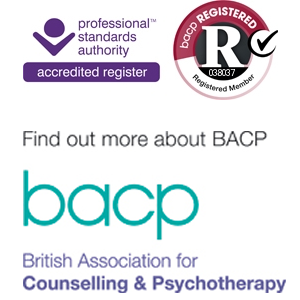What triggers your stress response?
Except for major catastrophes, few events are stressful in themselves. Stress arises when you perceive a situation as threatening. For example, your morning commute may make you anxious and tense because you worry that traffic will make you late. Others, however, may find the trip relaxing because they allow more than enough time and enjoy playing music or listening to books while they drive.
Stress is often associated with situations that you find difficult to handle. How you view things also affects your stress level. If you have very high expectations, chances are you’ll experience more than your fair share of stress.
Take some time to think about the things that cause you stress. Your stress may be linked to external factors such as:
- the state of the world, the country, or any community to which you belong
- unpredictable events
- the environment in which you live or work
- work itself
- family
Stress can also come from your own:
- irresponsible behaviour
- poor health habits
- negative attitudes and feelings
- unrealistic expectations
- perfectionism
How serious are your stress symptoms?
Physical symptoms
Physical symptoms can be caused by other illnesses, so it is important to have a medical doctor treat conditions such as ulcers, compressed disks, or other physical disorders. Remember, however, that the body and mind are not separate entities. The physical problems outlined below may result from or be exacerbated by stress:
Emotional symptoms |
|
Like physical signs, emotional symptoms such as anxiety or depression can mask conditions other than stress. It is important to find out whether they are stress-related or not. In either case, the following emotional symptoms are uncomfortable and can affect your performance at work or play, your physical health, or your relationships with others:
|
|
Relational symptoms
The antisocial behavior displayed in stressful situations can cause the rapid deterioration of relationships with family, friends, co-workers, or even strangers. A person under stress may manifest signs such as:
|
|
Severe stress reactions that persist for long periods of time and recur without warning after a traumatic event or even after an intense experience such as an accident, hospitalization, or loss, may become a post-traumatic stress disorder (PTSD) requiring professional assistance to overcome.
Call us now to arrange an initial consultation. You’ll be on your way to the best therapy available.
CALL 0800 298 7556 NOW


